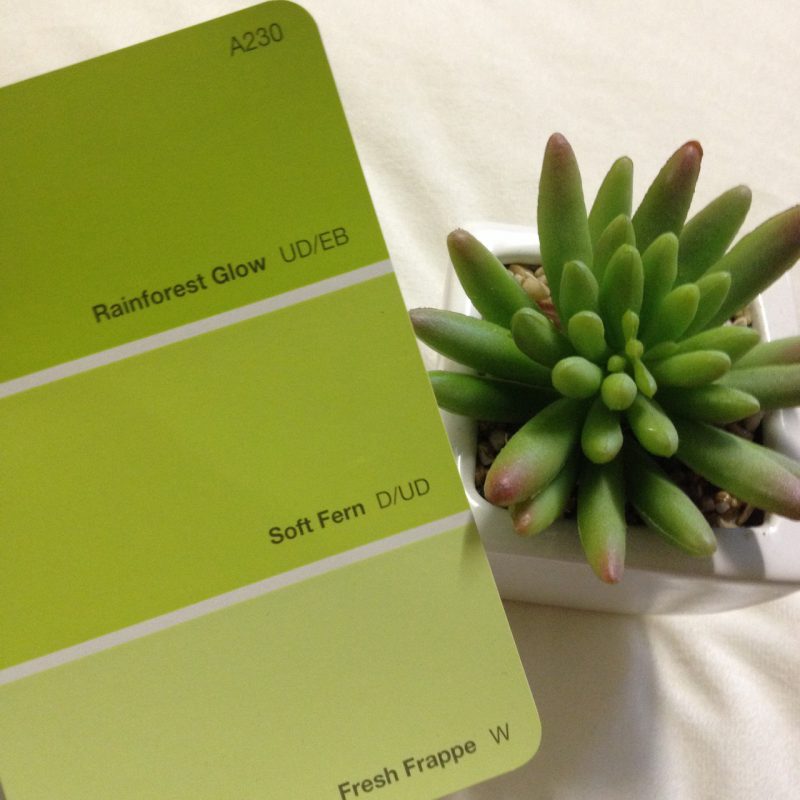William Shakespeare’s, Romeo and Juliet possesses a wide expanse of themes and motifs surrounded around the idea of internal and external conflict between characters of significance. These ideas of conflict are reinforced by passages and quotations in the play which are of significance and communicate complex ideas which relate back to the lives of the characters that have spoken them. For instance, the “ancient grudge” between the Montagues and Capulets illustrates the theme of an external conflict in which two families of equal stance have had an ongoing feud that started back in ancient times and appears to have been passed on to current members of those families. Other examples of this theme are communicated consistently throughout Shakespeare’s literature and include Juliet’s inner struggle to make the right decision between what she desires and what her family demands her to do, Romeo’s internal conflict against the darker side of love and the idea of fate vs free will and how your fate is determined by your actions and the actions of others. These components of inner and outer conflicts are merged seamlessly into the script and often readers may not be able to depict what they are actually implying, however, they communicate complex messages which are needed to fully understand the true message of the play in which love triumphs hate.
Paragraph 1: Inner conflicts within Juliet “yet if thou swearst, thou may prove false at lovers perjuries”
- pushes herself away from trusting Romeos love
- Finishes speech by declaring her love for Romeo
- Juliets inner conflict is amplified by her desire to make the right decision despite outside pressures from her family
- The Nurse delivers the news of Tybalts death to Juliet and she has an inner conflict where she cannot believe that her love killed her cousin “What storm is this that blows so contrary? Is Romeo slaughtered, and is Tybalt dead? My dearest cousin and my dearer lord”
- “My husband lives, that Tybalt would have slain, And Tybalt’s dead, that would have slain my husband”
Paragraph 2: Inner conflict within Romeo “O brawling love, O loving hate, O anything, of nothing first create”
In translation this quotation basically means that
Paragraph 3: Family feud between the Montagues and Capulets “Two households both alike in dignity”
“that which we call a rose by any other name would smell as sweet”
Paragraph 4: Predetermined fate: That you cannot escape your fate and that love triumps hate.
I fear too early for my mind misgives, some consequence yet hanging in the stars, shall bitterly begin his fearful date
These violent delights have violent ends
My only love sprung from my only hate
Deny thy father and refuse thy name
Message = love triumphs hate.


Recent Comments